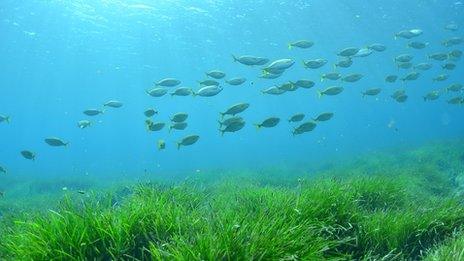Seabed mapping project helping to protect seagrass in Channel Islands
- Published
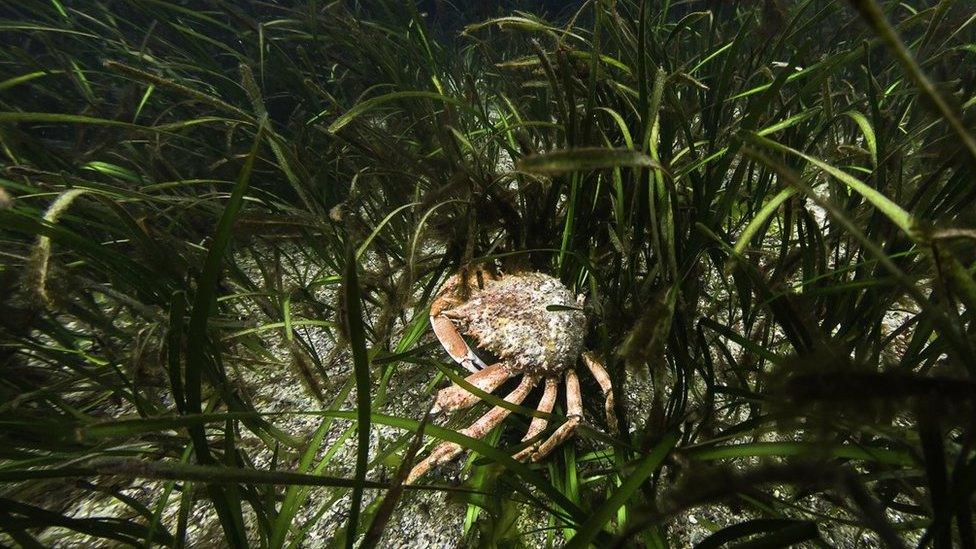
Seagrass draws carbon from the water through photosynthesis, stores it in its tissues and buries it in the seabed
A project mapping the Bailiwick of Guernsey's seabed is helping to protect vital seagrass from being destroyed.
The Protect Our Beds campaign uses a navigational app to show areas of eelgrass to avoid while anchoring.
Seagrasses combat climate change by absorbing and storing huge amounts of carbon.
The campaign is run by not-for-profit Clean Sailors, the Ocean Conservation Trust and boating navigation app, savvy navvy.
Founder of Clean Sailors, Holly Manvell, said the app was "incredibly exciting" and just "makes so much sense" to seagrass conservation efforts.
Seagrass data from the Channel Islands is now live in the navigational app, and the Bailiwick Eelgrass Exploration Project (BEEP) partners in Guernsey and Alderney and the Government of Jersey are amongst the first contributors to the campaign.
The BEEP said Eelgrass beds were known to sustain "high biological diversity" and provided an array of ecosystem services, such as reducing coastal erosion and carbon sequestration.
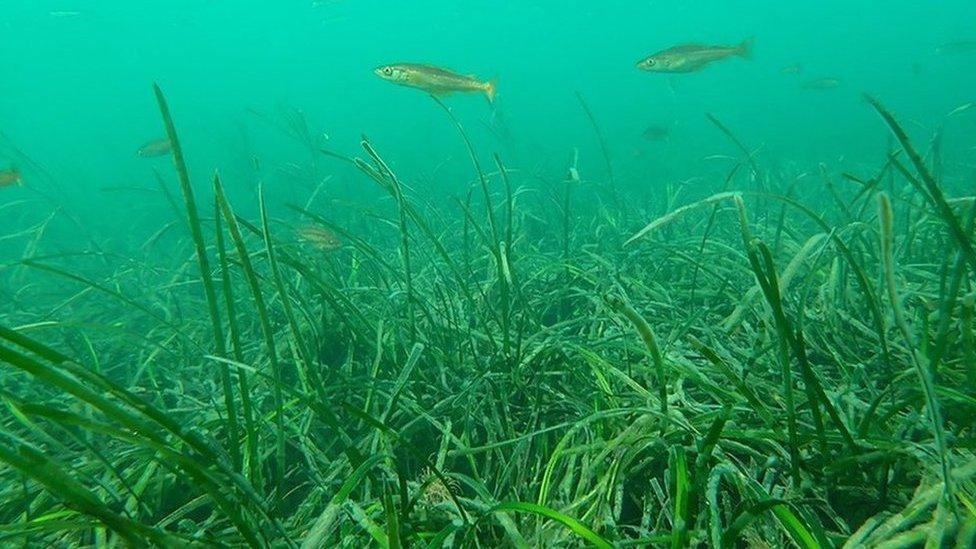
A single hectare of seagrass meadow can harbour up to 80,000 fish and 100 million invertebrates, according to Seagrass Ocean Rescue
Dr Mel Broadhurst-Allen, living seas coordinator of the Alderney Wildlife Trust, part of BEEP, said: "We are thrilled to help develop this initiative with all the partners involved.
"The savvy navvy app provides a wonderful new platform for us to showcase our amazing Eelgrass beds and citizen science research.
"More importantly, it provides marine users the chance to anchor outside the beds, thus reducing any potential impacts upon these sensitive habitats."
Holly Manvell, founder of Clean Sailors, said: "The project always planned to bring together UK-wide sensitive seabed data and then focus on European waters, but we have been overwhelmed by contributors and are excited to have so many partners come forward in such a short period of time.
"Making this data visible in the savvy navvy app to those of us who can mitigate our impact when boating, across the world, is incredibly exciting and just makes so much sense to seagrass conservation efforts."

Follow BBC Guernsey on Twitter, external and Facebook, external. Send your story ideas to channel.islands@bbc.co.uk, external.
Related topics
- Published18 April 2023
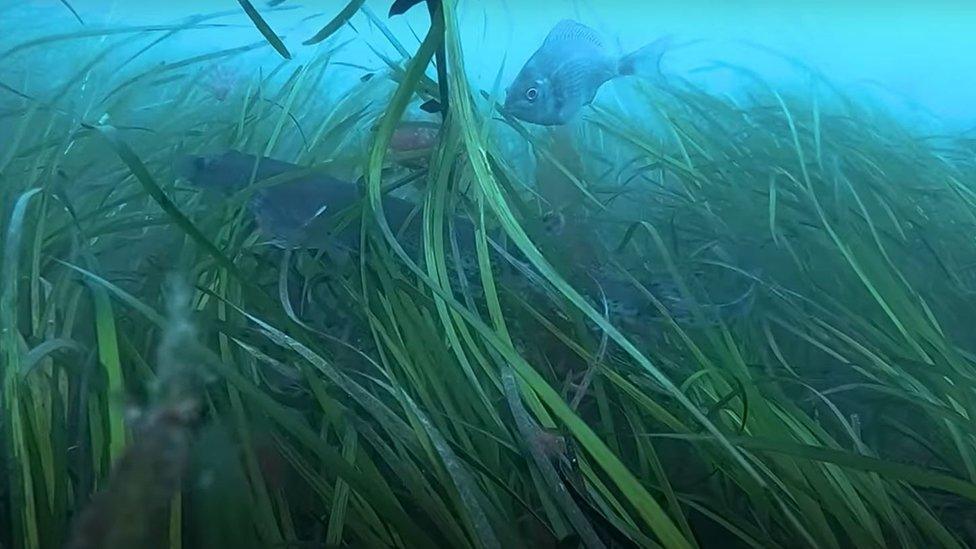
- Published26 January 2023
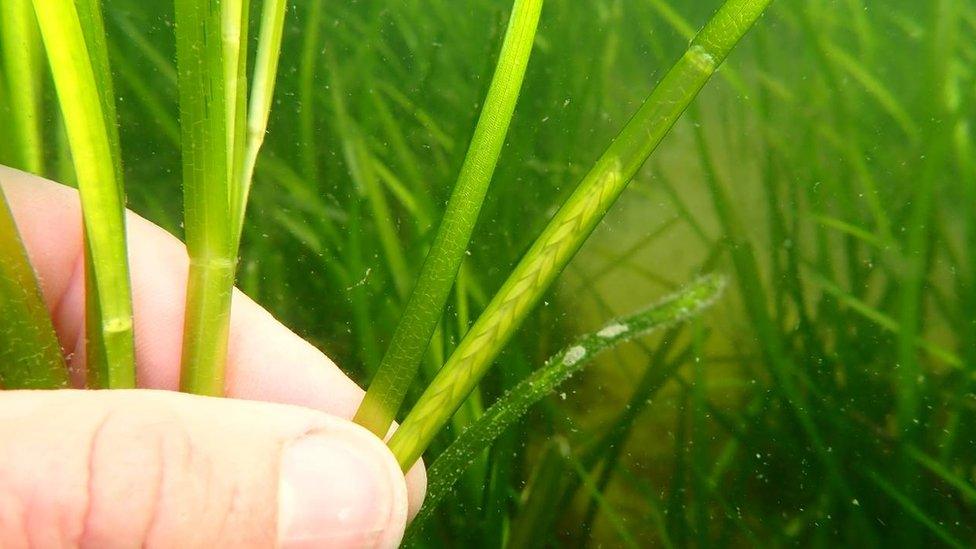
- Published12 August 2022
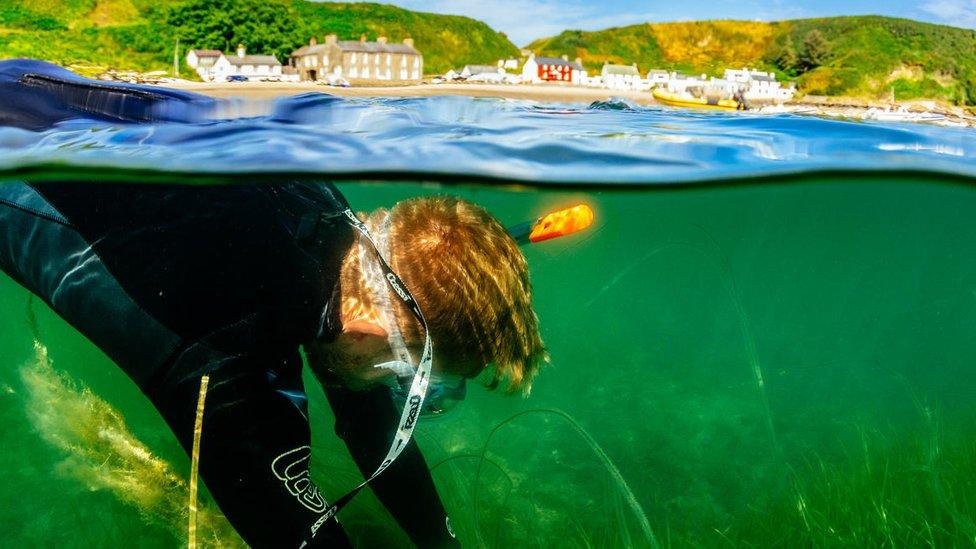
- Published27 September 2022
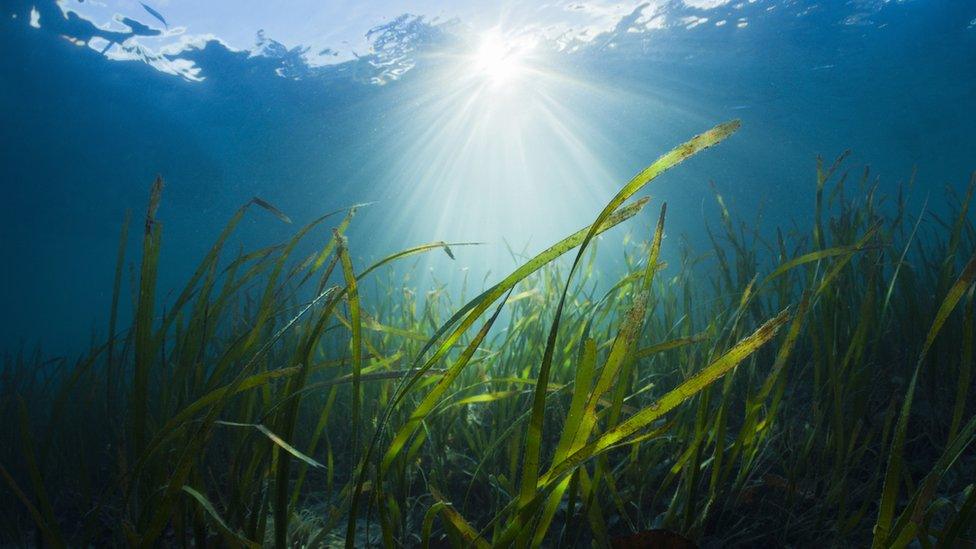
- Published28 July 2022
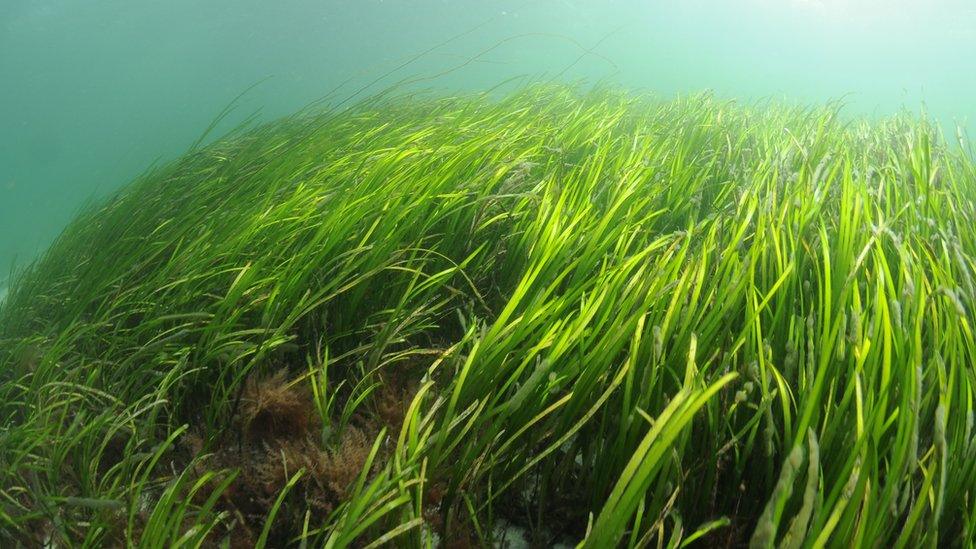
- Published13 March 2021
